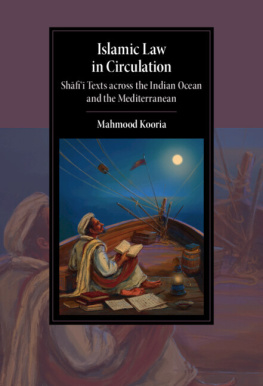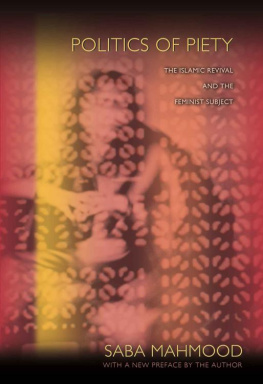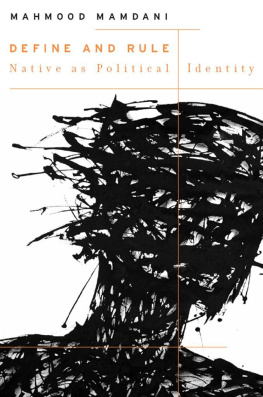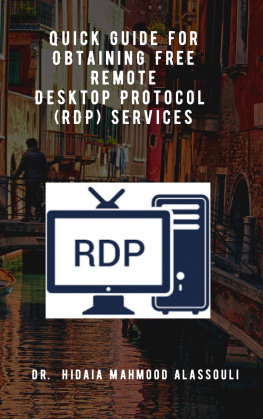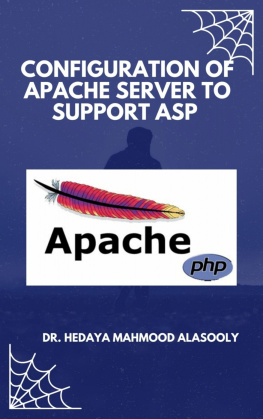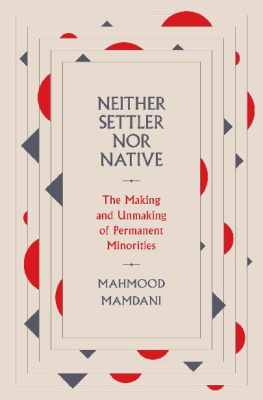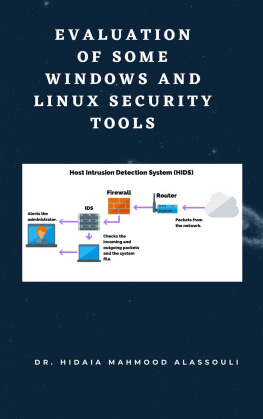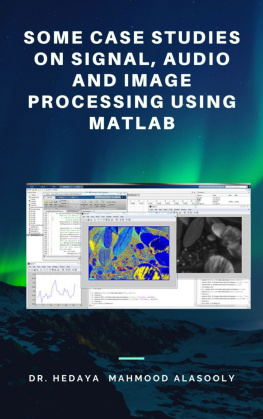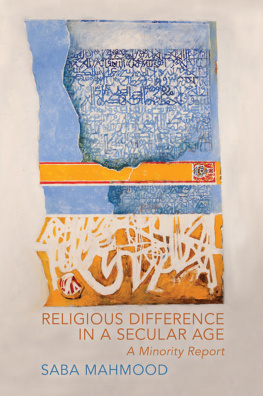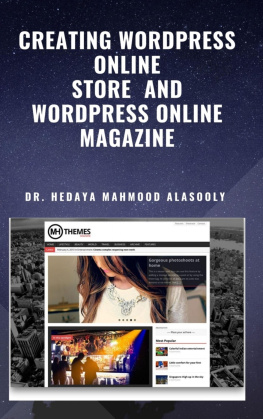Mahmood Kooria - Islamic Law in Circulation
Here you can read online Mahmood Kooria - Islamic Law in Circulation full text of the book (entire story) in english for free. Download pdf and epub, get meaning, cover and reviews about this ebook. year: 2022, publisher: Cambridge University Press, genre: Home and family. Description of the work, (preface) as well as reviews are available. Best literature library LitArk.com created for fans of good reading and offers a wide selection of genres:
Romance novel
Science fiction
Adventure
Detective
Science
History
Home and family
Prose
Art
Politics
Computer
Non-fiction
Religion
Business
Children
Humor
Choose a favorite category and find really read worthwhile books. Enjoy immersion in the world of imagination, feel the emotions of the characters or learn something new for yourself, make an fascinating discovery.
- Book:Islamic Law in Circulation
- Author:
- Publisher:Cambridge University Press
- Genre:
- Year:2022
- Rating:5 / 5
- Favourites:Add to favourites
- Your mark:
- 100
- 1
- 2
- 3
- 4
- 5
Islamic Law in Circulation: summary, description and annotation
We offer to read an annotation, description, summary or preface (depends on what the author of the book "Islamic Law in Circulation" wrote himself). If you haven't found the necessary information about the book — write in the comments, we will try to find it.
Islamic Law in Circulation — read online for free the complete book (whole text) full work
Below is the text of the book, divided by pages. System saving the place of the last page read, allows you to conveniently read the book "Islamic Law in Circulation" online for free, without having to search again every time where you left off. Put a bookmark, and you can go to the page where you finished reading at any time.
Font size:
Interval:
Bookmark:
Islamic Law in Circulation
Analysing the spread and survival of Islamic legal ideas and commentaries in the Eastern Mediterranean and the Indian Ocean littorals, Islamic Law in Circulation focuses on Shfism, one of the four Sunn schools of Islamic law. It explores how certain texts shaped, transformed and influenced the juridical thoughts and lives of a significant community over a millennium in and between Asia, Africa and Europe. By examining the processes of the spread of legal texts and their roles in society, as well as thinking about how Afrasian Muslims responded to these new arrivals of thoughts and texts, Mahmood Kooria weaves together a narrative with the textual descendants from places such as Damascus, Mecca, Cairo, Malabar, Java, Malindi, Aceh and Zanzibar and colonial powers such as Britain, the Netherlands and Germany to tell a compelling story of how Islam contributed to the global history of law from the thirteenth to the twentieth century.
Mahmood Kooria is a researcher at Leiden University (the Netherlands) and a visiting faculty of history at Ashoka University (India). He received his PhD in Global History from Leiden University in 2016. In addition to numerous academic journal articles and book chapters, he has co-edited Malabar in the Indian Ocean: Cosmopolitanism in a Maritime Historical Region (2018) and Islamic Law in the Indian Ocean World: Texts, Ideas and Practices (2022). Currently he is writing a book on the matriarchal Muslim communities in East Africa and South and Southeast Asia.
Chase F. Robinson, Freer|Sackler, Smithsonian Institution (general editor)
Anne Broadbridge, UMass Amberst
Michael Cook, Princeton University
Maribel Fierro, Spanish National Research Council
Alan Mikhail, Yale University
Intisar Rabb, Harvard University
Muhammad Qasim Zaman, Princeton University
Other titles in the series are listed at the
Islamic Law in Circulation
Shfi Texts across the Indian Ocean and the Mediterranean
Mahmood Kooria
Leiden University
Ashoka University


University Printing House, Cambridge CB2 8BS, United Kingdom
One Liberty Plaza, 20th Floor, New York, NY 10006, USA
477 Williamstown Road, Port Melbourne, VIC 3207, Australia
314321, 3rd Floor, Plot 3, Splendor Forum, Jasola District Centre, New Delhi 110025, India
103 Penang Road, #0506/07, Visioncrest Commercial, Singapore 238467
Cambridge University Press is part of the University of Cambridge.
It furthers the Universitys mission by disseminating knowledge in the pursuit of education, learning, and research at the highest international levels of excellence.
www.cambridge.org
Information on this title: www.cambridge.org/9781009098038
DOI: 10.1017/9781009106825
Mahmood Kooria 2022
This publication is in copyright. Subject to statutory exception and to the provisions of relevant collective licensing agreements, no reproduction of any part may take place without the written permission of Cambridge University Press.
First published 2022
A catalogue record for this publication is available from the British Library .
Library of Congress Cataloging-in-Publication Data
Names: Kooria, Mahmood, author.
Title: Islamic law in circulation : Shfi texts across the Indian Ocean and the Mediterranean / Mahmood Kooria, Universiteit Leiden.
Description: Cambridge, United Kingdom ; New York, NY : Cambridge University Press, 2022. | Series: Cambridge studies in islamic civilization | Includes bibliographical references and index.
Identifiers: LCCN 2021049802 (print) | LCCN 2021049803 (ebook) | ISBN 9781009098038 (hardback) | ISBN 9781009107679 (paperback) | ISBN 9781009106825 (epub)
Subjects: LCSH: Islamic lawIndian Ocean Region. | Islamic lawMediterranean Region. | Shafiites.
Classification: LCC KBP325 .K66 2022 (print) | LCC KBP325 (ebook) | DDC 340.5/9091824dc23/eng/20211109
LC record available at https://lccn.loc.gov/2021049802
LC ebook record available at https://lccn.loc.gov/2021049803
ISBN 978-1-009-09803-8 Hardback
Cambridge University Press has no responsibility for the persistence or accuracy of URLs for external or third-party internet websites referred to in this publication and does not guarantee that any content on such websites is, or will remain, accurate or appropriate.
To all the PhD students across the world , who pursue their dreams with dedication to knowledge despite the paucity of resources and pressures of various sorts.
May your paths shine ever and may our paths cross!
This book is a product of a journey which has lasted a decade, from the moment I decided to study this topic until it was complete. Several people, places and institutions across many countries have supported me enormously in this long meditation. Words are not enough to thank all of them, but I count it an honour to be able now to acknowledge their unstinting support, even though space restricts me from compiling a full list.
Jos Gommans read many drafts of my doctoral dissertation, which forms the core of this book, and his feedback was exceptionally sagacious. Maaike van Berkel, Lon Buskens, Henri Chambert-Loir, Jatin Dua, R. Michael Feener, Tom Hoogervorst, Iza Hussin, Nico Kaptein, Ronit Ricci, Petra Sijpesteijn and Jan Just Witkam read the dissertation in detail and provided insightful comments for converting it into a book. In addition, Joel Blecher, David Kloos and Nira Wickramasinghe also guided me on the practicalities of writing and publishing this book. Robert Gleave, Engseng Ho, Michael Laffan and Bahauddeen Muhammed Nadwi have been sources of continuous support and have graciously advised me whenever I struggled. Sanne Ravensbergen has always been an intellectual and personal inspiration.
Discussions with Omar Anchassi, Nijmi Edres, Eirik Hovden, Irene Schneider and Knut Vikr as part of the Understanding Sharia: Perfect Past, Imperfect Present (USPPIP) project helped me refine some of my arguments. Philippe Peycam stimulated me to link the research to larger institutional plans and projects. Norifumi Daito, Archa N. Girija, Meera Muralidharan, Byapti Sur and Guanmian Xu were on hand to offer intellectual and emotional support, while Hayat Ahlili, Abdullah Alhatlani, Marcela Garcia Probert, Eftychia Mylona and Tijmen Baarda became great compadres through our shared interests in Middle Eastern history. Abhishek Avtans, Sarthak Bagchi, Murari Kumar Jha and Pralay Kanungo added flavours of camaraderie and nostalgia to the long hours of conversations. Auswaf Ahsan Ophira Gamliel, Abhilash Malayil and Istvn Perczel provided different perspectives to look at southwestern Indic traditions, while Yogesh Sharma taught me about the breadths and depths of Indian Ocean studies, a subject I often continued in seemingly endless chats with dearest Shelly Johny, Rajeesh Kumar and Abdur Rahoof Ottathingal. Supriya Varma and the late Vijaya Ramaswamy guided me through the different ways of understanding the ancient South Asian past.
When travelling like a nomad in the name of knowledge, many friends welcomed me into their homes, acclimatised me to new terrains and became great company inside and outside academic settings: specifically Dadi Darmadi in Jakarta; Arfiansyah and P. B. Siddik in Aceh; Abdulkader Tayob and Shaheed Tayob in Cape Town; Muhammad Arafath, Annu Jalais, Carola Lorea and Shafeek Hudawi in Singapore; Sayyid Muhsin in Kuala Lumpur; Nisa Harun and Jafer Paramboor at Seremban; Sami al-Daghistani and Soraya Batmanghelichi, and also Mosarrap Khan and Mary Ann in New York; and Kareem, Fayiz and Abid in London.
Font size:
Interval:
Bookmark:
Similar books «Islamic Law in Circulation»
Look at similar books to Islamic Law in Circulation. We have selected literature similar in name and meaning in the hope of providing readers with more options to find new, interesting, not yet read works.
Discussion, reviews of the book Islamic Law in Circulation and just readers' own opinions. Leave your comments, write what you think about the work, its meaning or the main characters. Specify what exactly you liked and what you didn't like, and why you think so.

